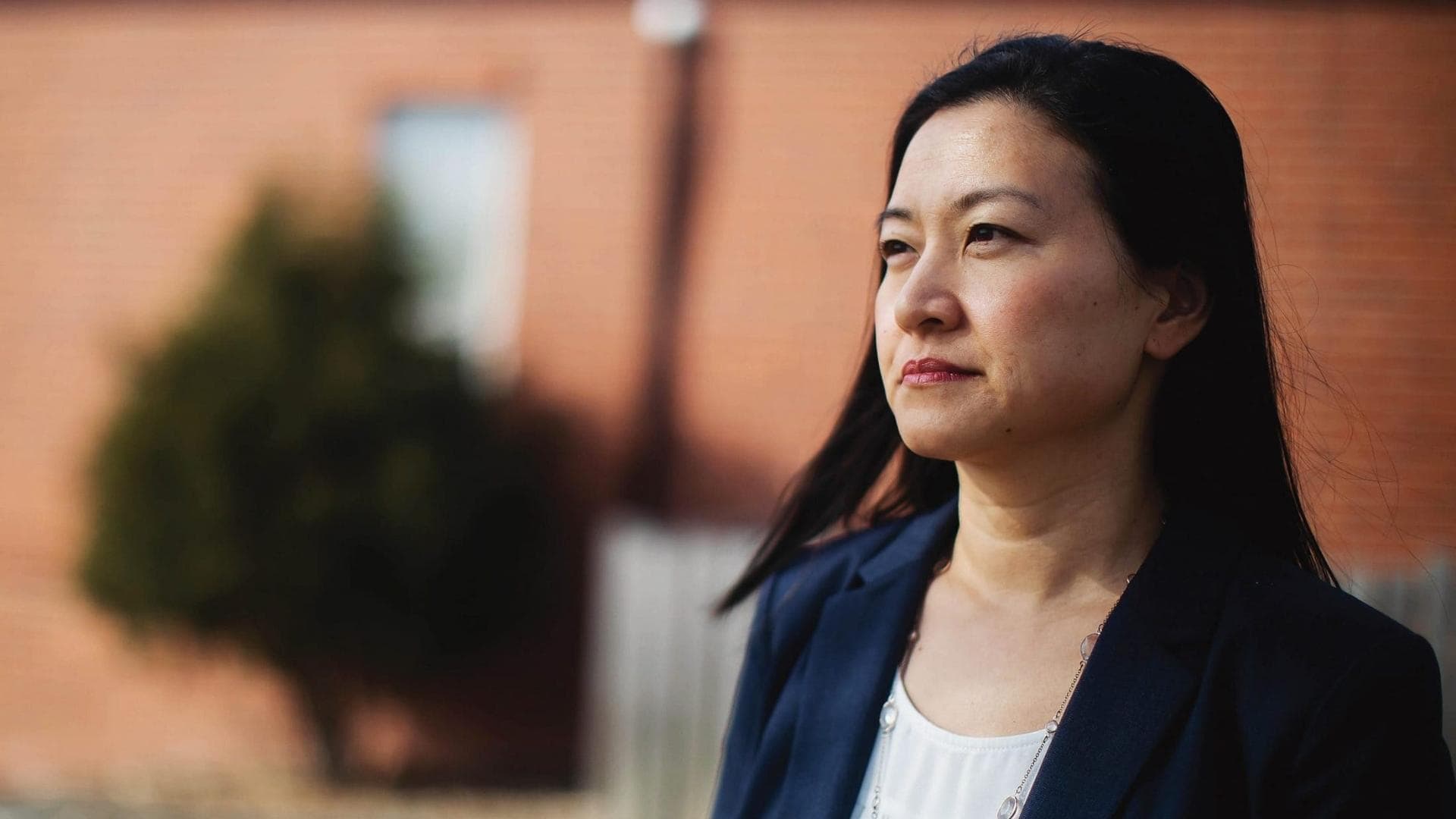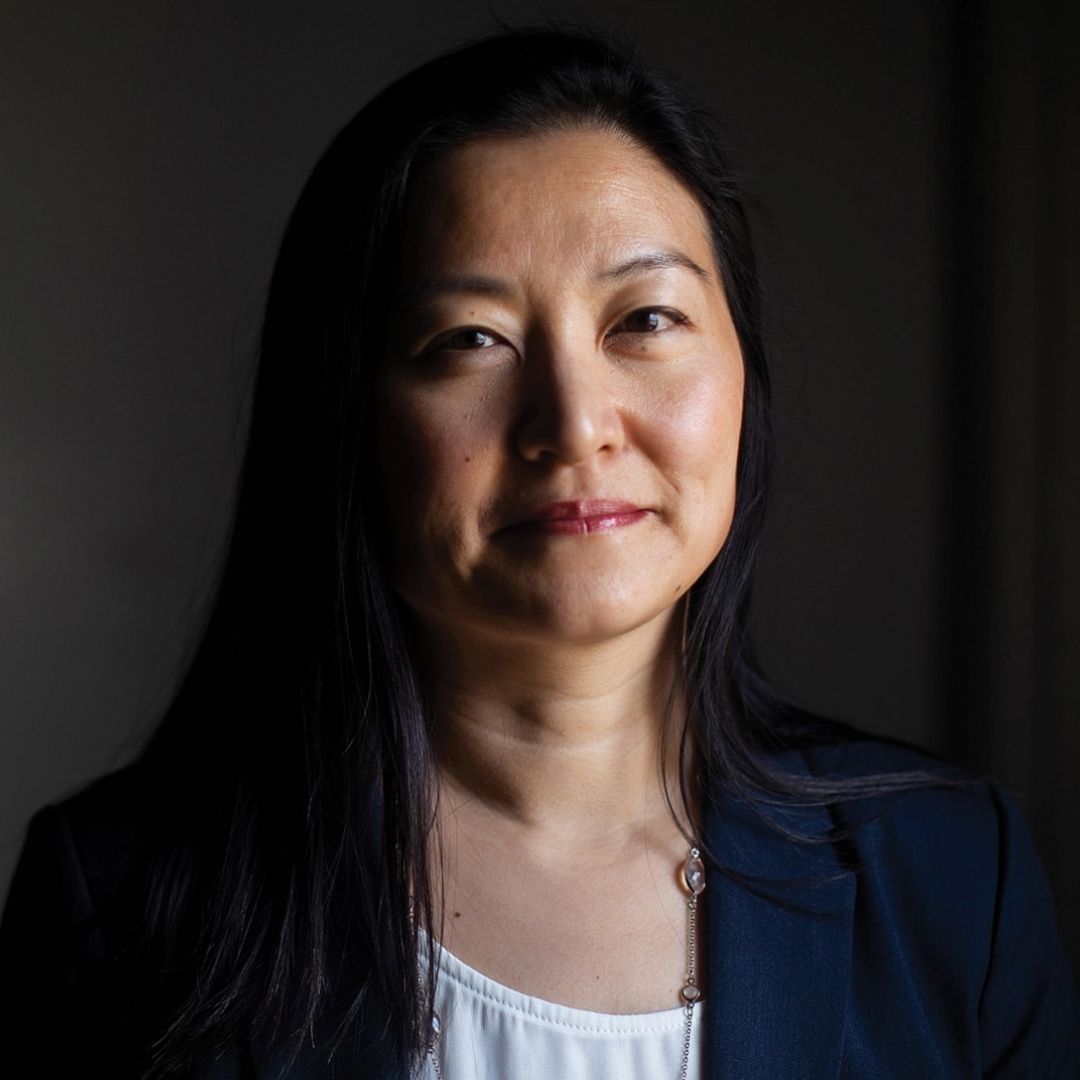May is AAPI (Asian American Pacific Islander) Heritage Month (also called APAHM, or Asian Pacific American Heritage Month).
I am grateful for my heritage, my elders, and my story. I am grateful that I am a Korean American woman, wife, mother, daughter, sister, friend, pastor, and leader. Some people see reference to a heritage month and ask, “What is that all about? What does it mean? Why is it necessary?” In 1992, President George H.W. Bush passed a law to officially make the month of May, “Asian/Pacific American Heritage Month.” It is a national heritage month to celebrate and learn about Asian American Pacific Islander heritage, accomplishments, and contributions to this nation. If AAPI Heritage Month is new to you, I recommend Googling “groundbreaking contributions by Asian Americans” or “Asian American history is American history.”
Can you name five AAPI leaders who forge new pathways, discoveries, and opportunities in and for the U.S.? Can you name one? AAPI names and stories are largely unknown or dismissed instead of being celebrated. We need to be telling, learning, and including AAPI stories because Asian American history is American history.
For example:
- 90% of the workforce that built the U.S. transcontinental railroad were Chinese immigrants.
- Japanese American soldiers were serving in the U.S. Army in World War II while their families were forced under executive order 9066 into internment camps for being 1/16 Japanese.
- Boeing’s first aeronautical engineer was Wong Tsu, a Chinese engineer who was instrumental in the successful design of the first military and passenger plane in the U.S.
- Chien-Shiung Wu, a Chinese American nuclear physicist, contributed greatly to U.S. nuclear research and is known as the “Queen of Nuclear Research.”
- Grace Lee Boggs was an author, social activist, and key figure in the Asian American civil rights movement.
- Navy Lt. Susan Ahn Cuddy was the first female Asian American naval officer and first female gunnery officer to break Asian American and female military stereotypes. She was the first Asian American female National Security Agency code breaker and section chief and worked for the Department of Defense.
- South Asian American Sabeer Bhatia co-founded Windows Live Hotmail aka Microsoft Outlook.
- Two of the three creators of YouTube (Jawed Karim and Steve Chen) are Asian American.
- Ajay Bhatt, a South Asian computer architect, developed the USB storage device.
- Katherine Luzuriaga, a Filipino American pediatric immunologist, led a team of researchers that discovered a “functional cure” in an HIV-infected infant. The finding may help pave the way to eliminating HIV infection in children.
- Dalip Singh Saund, the first Sikh American, the first Asian American, and the first South Asian Indian American to be elected to the U.S. Congress.
- Companies started by Asian Americans have created thousands of jobs—YouTube, Yahoo, Zoom, Doordash, Honey, Pinterest, Linkedin, Rotten Tomatoes, Fitbit, Kickstarter, Myfitnesspal, Peloton, Stitchfix, and Boxed.
Although Asian Americans have been here for nine generations, it still feels as if we are not seen or accepted as fully American. Sometimes our existence here is qualified (verbally to us) by the way we look, the food we eat, how we don’t belong, and how small our eyes are. These are subtle reminders that we are considered “other” or “foreigners.” These are our lived AAPI experiences of living in the United States.
How well do you know us and our stories? As recorded anti-Asian hate crimes in this country have continued to increase from 2020, we are at a tipping point. It feels as if we are living in some sort of cycle of insanity, doing the same thing over and over again and expecting different results.
And so we speak. According to Stop AAPI Hate, by the end of 2021, 10,905 anti-Asian hate incidents were recorded. There have been still more (Yonkers, New York City, the list goes on). This is the felt weight and reality for the AAPI community.
Simultaneously, I hold fast to the truth that we are made in God’s image. We are not partial but whole image bearers, and we are grateful for our families and heritage. We celebrate AAPI contributions, people, and achievements as part of American history.
As I think about AAPI Heritage Month and Mother’s Day, I am grateful for my mother, an ordained woman pastor who planted the first Korean American church in her denomination with my father in New Jersey in the 1970s. I observed her example of living out her gifting and calling as a pastor despite much opposition. She received her call to ministry when she was in high school and planned to go to nursing school, seminary, and then overseas as a missionary because that was how called and gifted women could serve. When she finished nursing school, she worked as a NICU nurse at Seoul National University Hospital in Seoul, South Korea. She recognized that the U.S. would offer her better options to attend seminary, so she went to work as a NICU nurse at Jersey City Medical Center and Metropolitan Hospital in New York City. While working as a nurse, she applied to two different seminaries. Both rejected her application because she was a woman. She met my father and they decided to get married and be “missionaries” to the growing Korean immigrant population in New Jersey. They planted their church, 저지시티감리교회, in 1977 as my mother supported my father in his completion of MDiv, ThM, and DMin degrees. In the same way, my mother supported my father, my father supported my mother in her call to ministry. He was proud of my mother and encouraged her. He said, “If God says he has called and gifted you, who am I to say otherwise?”
My mom earned her master’s of divinity and DMin degrees. She went on to serve as senior pastor of a number of churches, a conference speaker, and on executive boards in her denomination. She retired from vocational ministry in 2018 after 41 years in ministry, 25 of which she served as an English ministry senior pastor. I celebrate my mother’s gift in ministry and gift to me and my sister. We are both ordained women pastors.
If you believe that Asian American history is not American history, what does that say about your own history? Chances are, your ancestors were immigrants too, whether by choice or it was forced upon them. The only way this truth doesn’t apply to you is if you are indigenous to Turtle Island and know that the rest of us are occupying your ancestral lands. Indigenous people owned and cared for this land long before any of the rest of us got here.
So this month, I celebrate AAPI heritage. And I will celebrate the other heritage months, recognizing the multiethnic mosaic kingdom of God where we are all part of one story and one body in Christ. “If one part [of the body] suffers, every part suffers with it; if one part is honored, every part rejoices with it” (1 Corinthians 12:26).
On May 5 I wore red to remember and observe MMIWG2 Awareness Day in honor of all missing and murdered Indigenous women, girls, and the boarding school children too. I wear red not to follow some social trend but to show my solidarity and to acknowledge the deep damage these violent and senseless murders of women and children have caused the Indigenous community. I know pain and loss are everywhere, and mentioning this pain does not minimize others. I acknowledge this pain because my relationship as a sister in Christ compels me to stand in solidarity with the Covenant Indigenous Ministers Association who also wore red. My faith compels me to pause, to see, to be present with them, and to remember. They are a part of our body of Christ and when they suffer, we suffer with them. When they are honored, we rejoice with them.
Some invitations for engagement with AAPI heritage month:
- Learn about the AAPI story. Watch a documentary about AAPI history or story.
- Check out a book from the library with your family about a famous AAPI person or learn more about AAPI history and people in your area.
- Live out the solidarity of standing in the gap and standing with your Asian American brothers and sisters. AAPI month can also be an opportunity to stand and advocate for AAPI lives.
- Inquire if your schools include any positive Asian American history in their curriculum.
- Read some articles:














